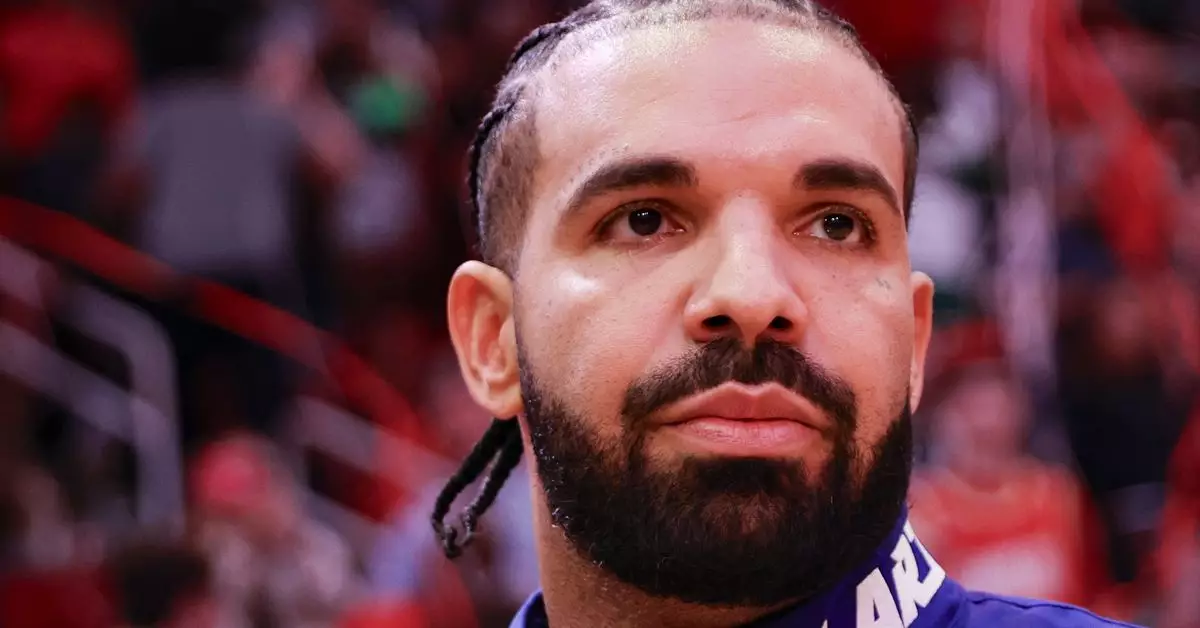Recently, Drake found himself in hot water after his diss track, “Taylor Made,” featured AI-altered vocals meant to sound like the late rapper Tupac Shakur. Tupac’s lawyers wasted no time in issuing a warning to Drake, stating that they would take legal action if the track was not removed promptly. Understandably, Drake decided to comply with their demands and took down the controversial song.
Background on the Diss Track
Drake initially released “Taylor Made” in response to ongoing tensions with fellow rapper Kendrick Lamar. The use of AI-altered vocals resembling Tupac’s voice was a deliberate choice by Drake, likely intended to provoke a reaction from Lamar. However, this move backfired when Tupac’s estate raised concerns about the unauthorized use of the late rapper’s likeness.
While it remains unclear whether Drake profited directly from “Taylor Made,” the unauthorized use of Tupac’s voice raised red flags for his estate. Given Tupac’s iconic status in the music industry, any attempt to exploit his image or likeness without permission is met with swift legal action. As a result, Drake had no choice but to remove the song to avoid a potentially costly lawsuit.
The controversy surrounding “Taylor Made” highlights a growing concern among artists about the use of AI technology to manipulate vocals. While AI can be a powerful tool for creating music, it also poses a threat to the integrity of artistic expression. As more musicians experiment with AI-altered vocals, questions about authenticity and intellectual property rights are likely to arise.
In the case of Drake’s “Taylor Made,” the swift response from Tupac’s estate serves as a reminder of the importance of respecting artists’ rights and legacies. While Drake may have intended the diss track as a provocative gesture, it ultimately crossed a legal and ethical line. Moving forward, artists must tread carefully when using technology to alter or manipulate the work of others, as the consequences can be significant.


Leave a Reply